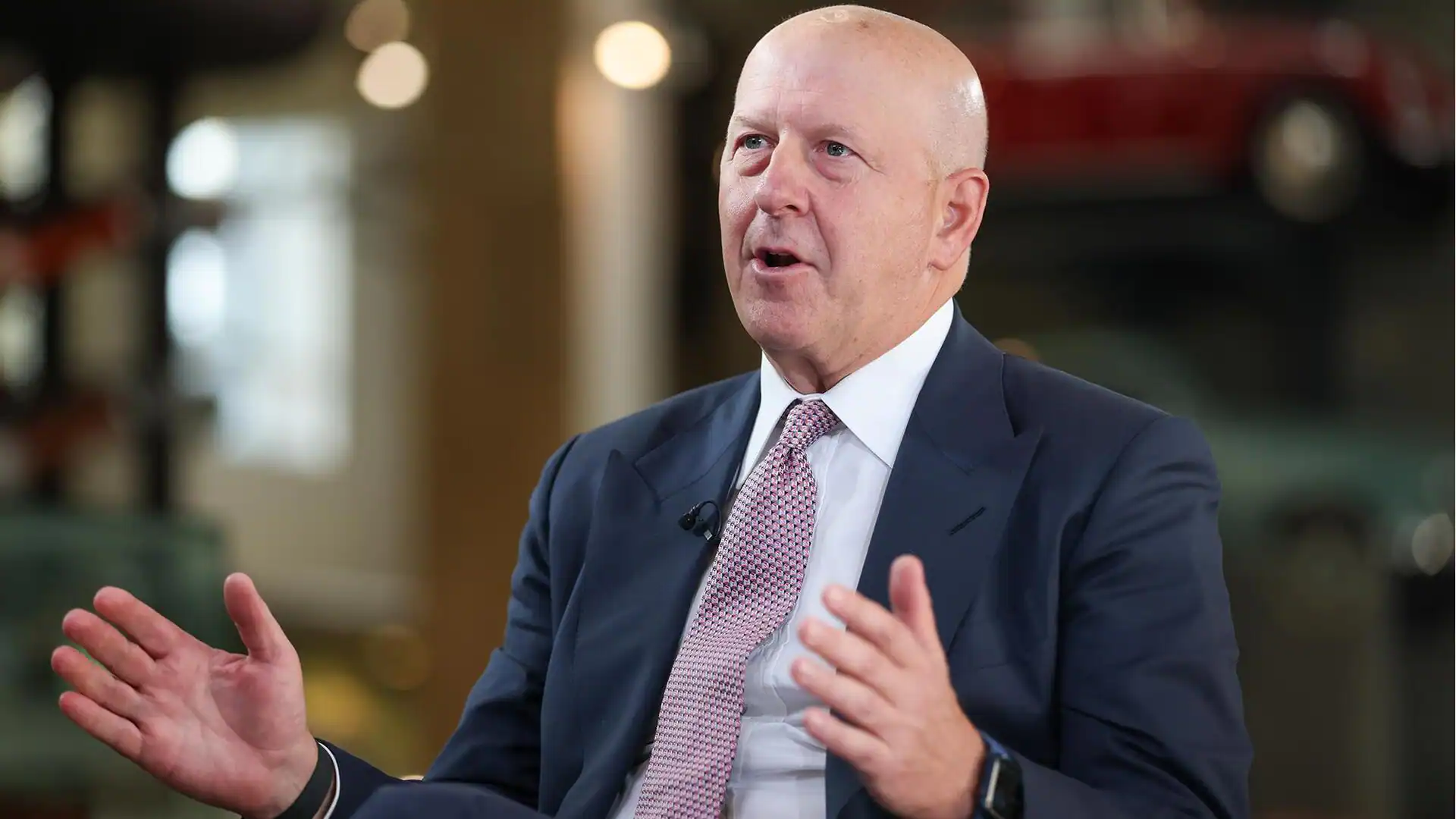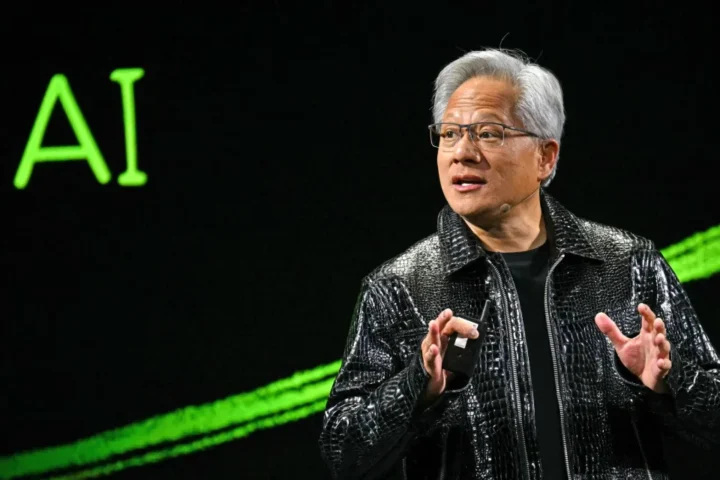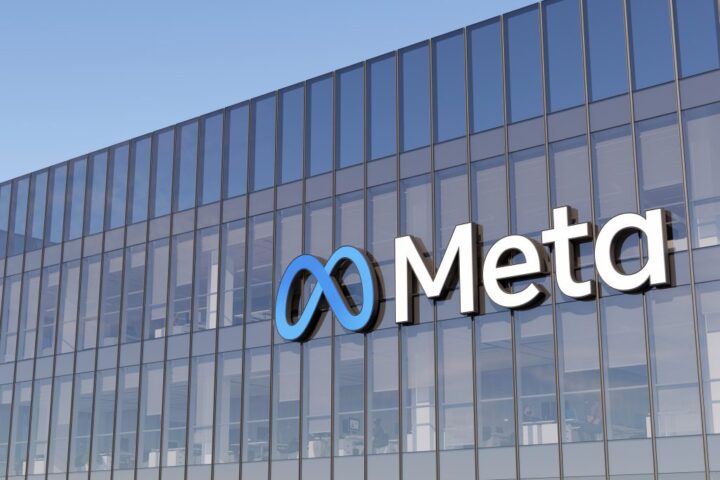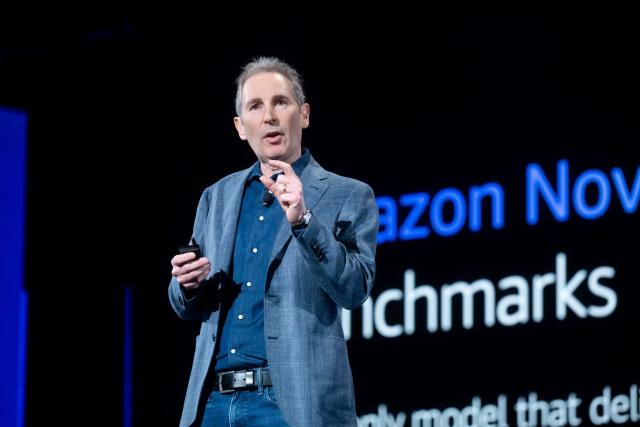In a groundbreaking revelation that underscores the transformative potential of artificial intelligence (AI) in financial services, Goldman Sachs CEO David Solomon announced that AI technology is now capable of drafting 95% of an initial public offering (IPO) prospectus in just minutes. The statement, made during a recent financial summit, highlights the bank’s increasing reliance on AI to streamline complex processes traditionally requiring extensive human labor.
AI’s Role in Financial Services
Goldman Sachs has been at the forefront of integrating advanced technology into its operations. According to Solomon, the use of AI in drafting IPO prospectuses is a testament to the technology’s ability to handle intricate, high-stakes tasks. An IPO prospectus—a detailed document required for a company going public—includes financial statements, risk factors, business strategies, and other critical information that typically takes teams of lawyers, bankers, and analysts weeks to prepare.
“With AI, we’re not just enhancing efficiency; we’re revolutionizing how we approach time-intensive processes,” Solomon said. “The technology allows us to focus our human talent on higher-value, more strategic tasks.”
Speed Meets Accuracy
The ability to produce an almost-complete prospectus in minutes could significantly reduce the time to market for companies seeking to go public. By automating data analysis and structuring, AI systems can extract key details from financial records, market reports, and legal documents, piecing them together with precision and consistency.
Despite its speed, Solomon emphasized that human oversight remains critical. “While AI can handle the heavy lifting, we still require experienced professionals to refine the output, ensure compliance, and address nuances unique to each deal,” he noted.
Implications for the Industry
The announcement has sparked debate about the future role of human expertise in investment banking. While some argue that AI will replace many traditional roles, others believe it will complement human efforts, freeing professionals to focus on advisory and client-facing services.
Financial analysts predict that AI-driven efficiencies could reduce costs for clients, making IPOs more accessible to smaller firms and startups. However, they caution that over-reliance on AI might lead to unforeseen risks, such as errors in regulatory compliance or the inability to adapt to complex, non-standard cases.
A Broader Trend
Goldman Sachs’ embrace of AI reflects a broader trend across industries. Investment banks, law firms, and other professional service providers are leveraging AI to perform tasks ranging from contract analysis to portfolio management.
Experts believe that AI could eventually extend its capabilities to other aspects of IPO preparation, such as marketing strategies and investor outreach, creating a fully integrated, technology-driven process.
Balancing Innovation with Responsibility
As AI continues to reshape the financial landscape, Solomon emphasized the importance of ethical considerations and responsible implementation. “AI is a powerful tool, but it’s only as good as the data and the framework guiding its use,” he said.
To that end, Goldman Sachs has invested heavily in training its staff to work alongside AI systems and has implemented rigorous checks to ensure the technology adheres to strict compliance standards.
The potential for AI to draft IPO prospectuses in minutes signals a new era for investment banking, where speed and efficiency coexist with accuracy and oversight. As Goldman Sachs and other financial institutions continue to innovate, the role of AI is set to expand, offering clients faster, more cost-effective solutions while reshaping the industry’s traditional workflows.
While challenges remain, one thing is clear: AI’s influence on finance is only just beginning, and the possibilities are virtually limitless.








